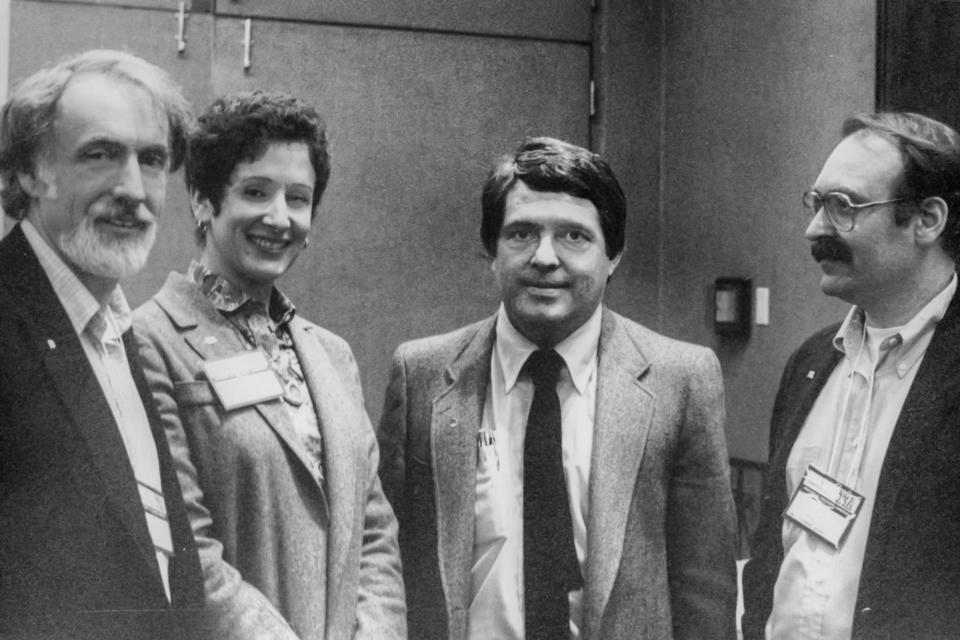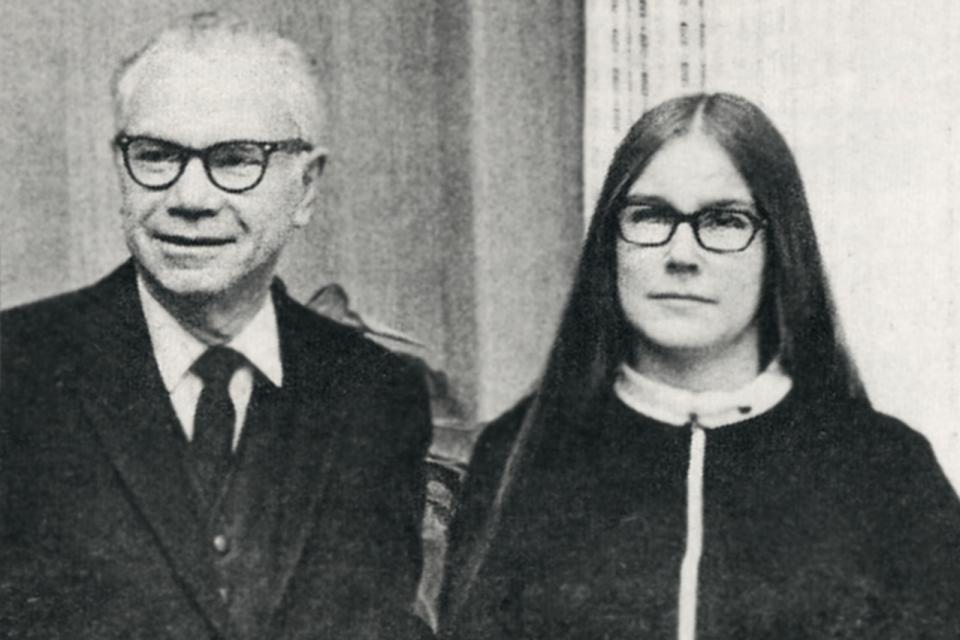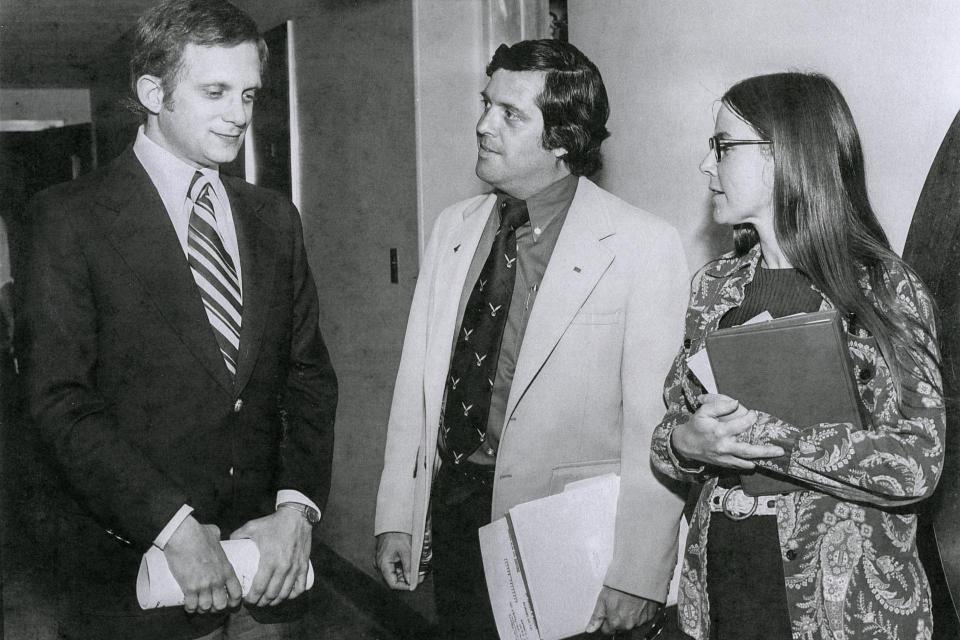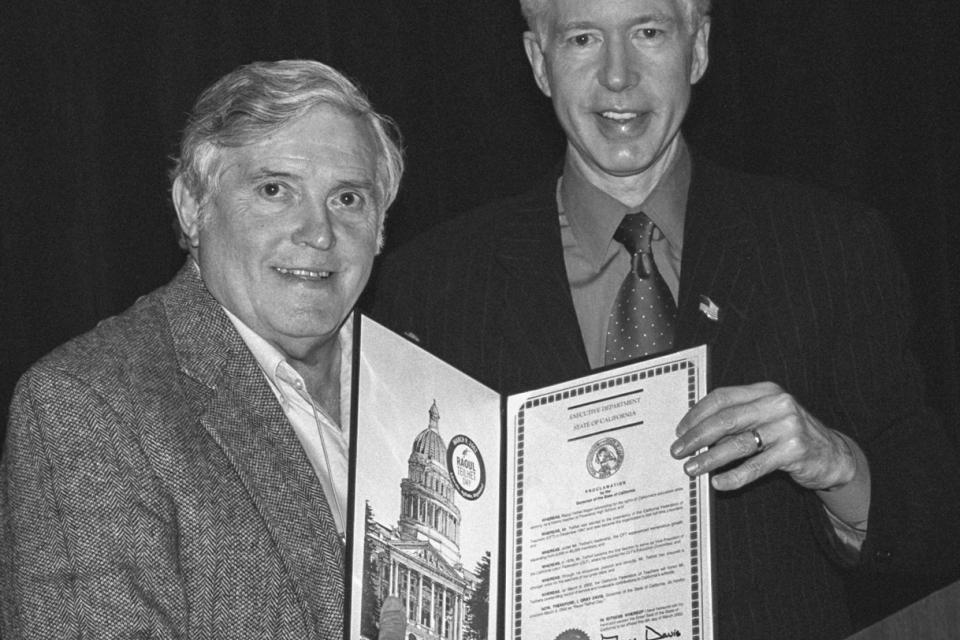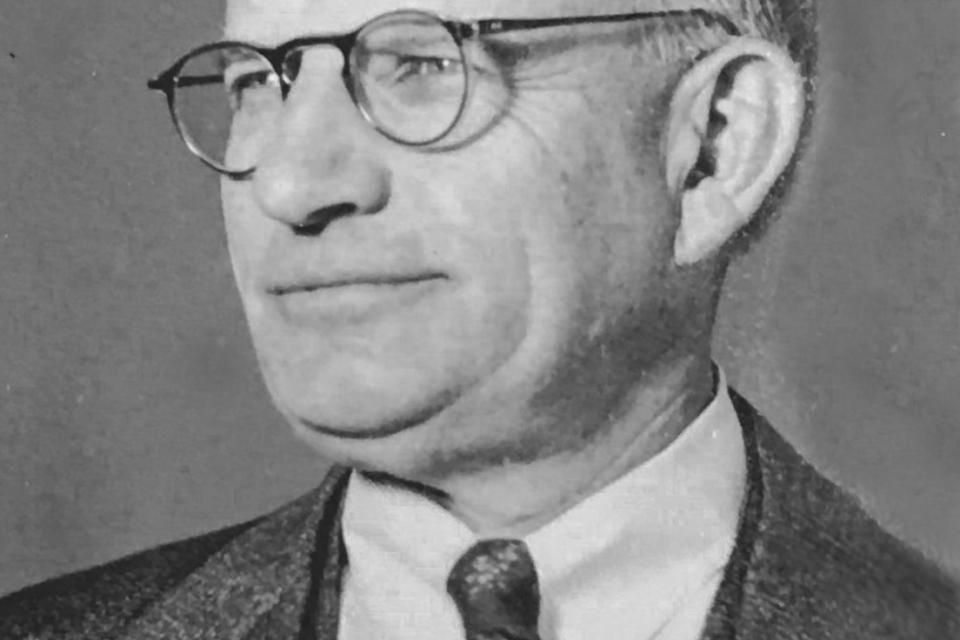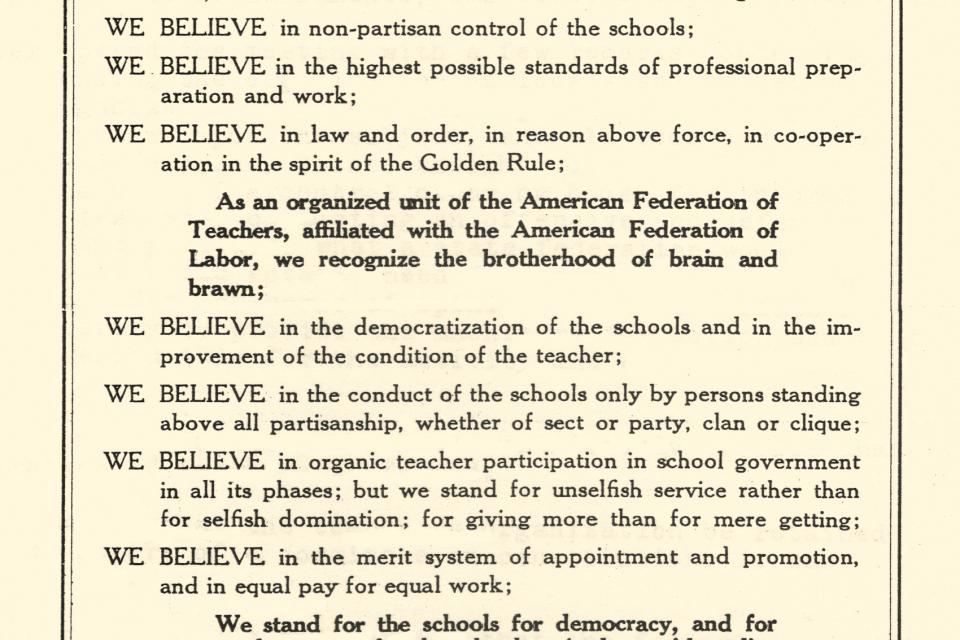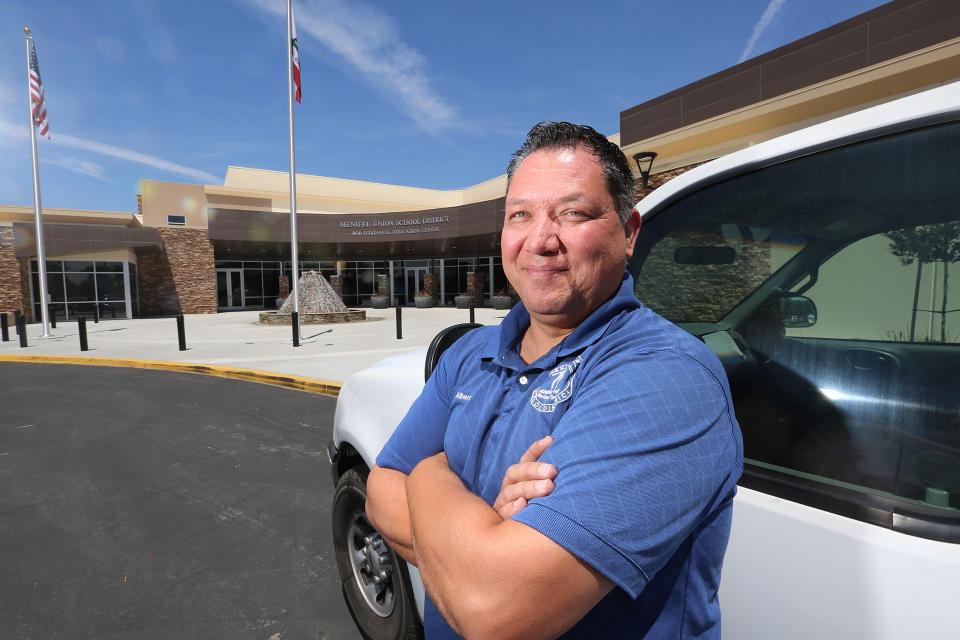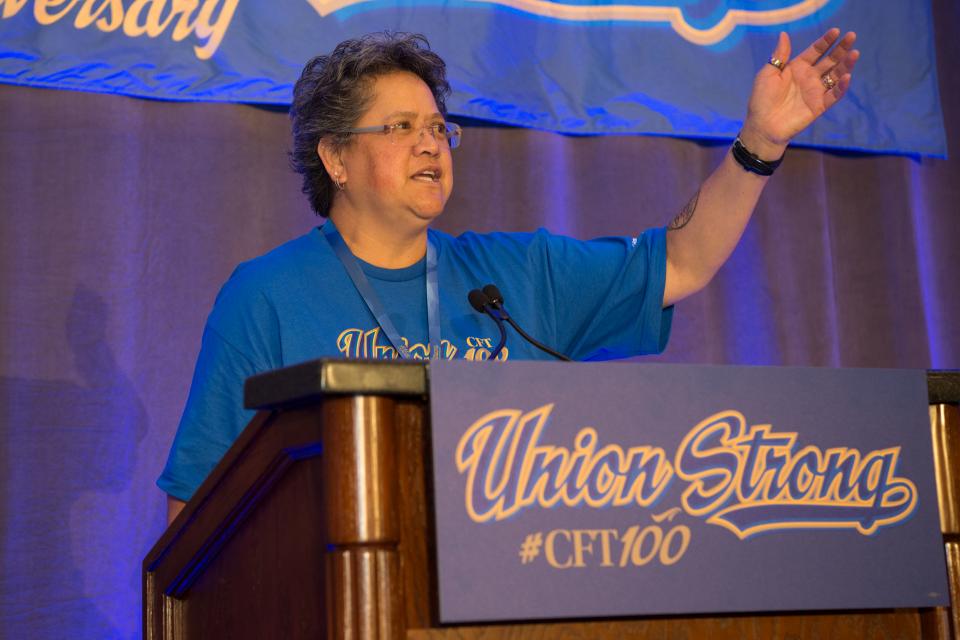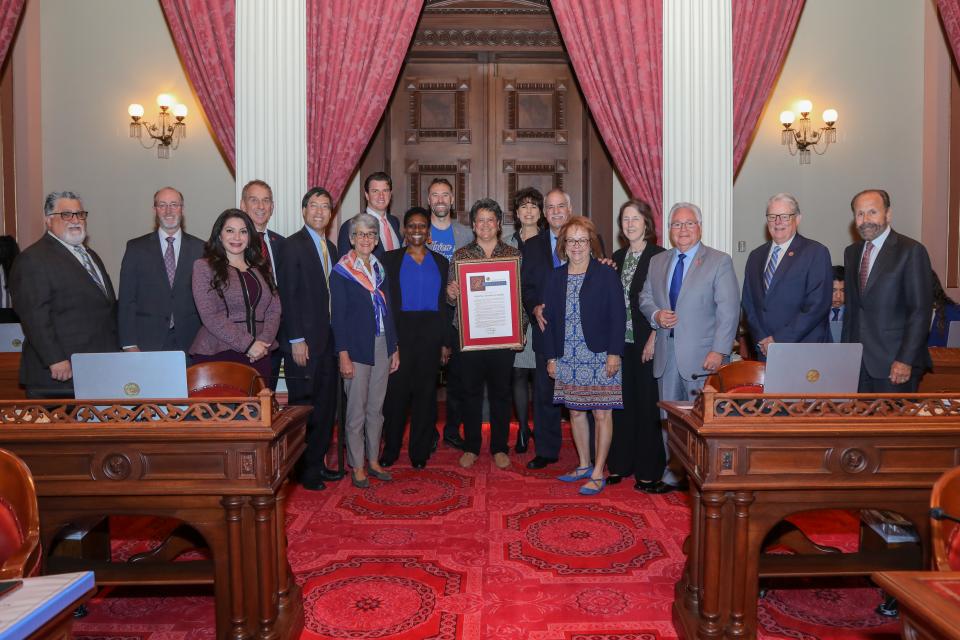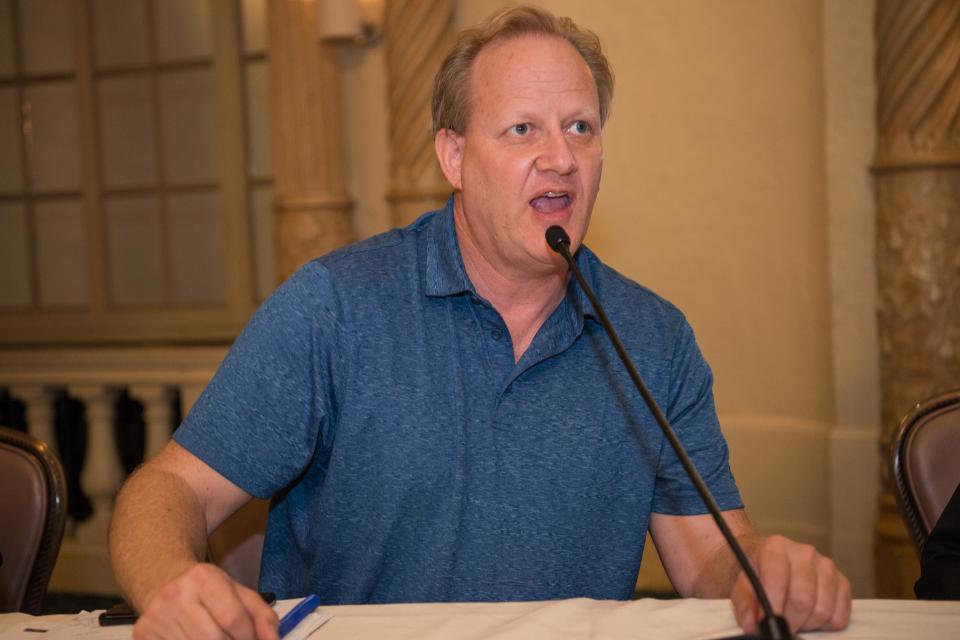Newsroom
State Charter School Task Force makes recommendations
Superintendent of Pubic Instruction releases much-anticipated report
State Superintendent of Public Instruction Tony Thurmond released the much-anticipated Charter Task Force Report on June 7, ahead of the July 1 deadline.
The report’s central focus is twofold: the fiscal impact that charter schools have on traditional public schools and the inconsistencies in how charter schools are authorized throughout the state. Recommendations were made to alleviate concerns in these areas and provide specific ways to address fiscal impact and authorization challenges.
Commemorating 40 years of collective bargaining
The difference one law makes for teachers and classified employees
Editor’s note: California Teacher published this article in 2015, 40 years after K-14 teachers and classified staff won collective bargaining rights in California.
By Elaine Johnson
On May 20, 1976, I cast the first vote for teachers’ collective bargaining in the state of California. TV cameras recorded the event at Redwood High School in Larkspur, and in those pre-DVR times, the family watched it that evening on the 6 o’clock news.
Memoir of a Union Lobbyist: 50 Years Looking Back
Editor’s note: This memoir was originally published as “30 Years Looking Back” in August 1999 by the Institute of Industrial Relations in CPER, A Periodical of Employee Relations in the Public Sector.
By Mary Bergan
I begin with Robert Reich’s admonition that a memoir is not a history. It chronicles events as the writer remembers them. This is a memoir.
What To Do Between Strikes
An essay by Raoul Teilhet
Editor’s note: This essay was presented to CFT Convention on March 9, 2002. Because of Raoul Teilhet’s Parkinson’s disease, it was read by then-Vice President Greg Camacho-Light, a drama teacher from the Gilroy Federation of Teachers and Paraprofessionals. Gov. Gray Davis attended convention that day and officially named it Raoul Teilhet Day.
The birth of a statewide Federation
A piece of our history is revealed for the first time
By Dennis Kelly, United Educators of San Francisco
On May 16, 1918, J.P. Utter wrote to the president of the AFT to remind him that a year earlier Utter had asked about chartering a local. In that year, the Vallejo teachers had organized 57 of 58 teachers and principals, had elected two officers, created a salary committee that delivered a raise, demanded and won 12 monthly paychecks, and had created a temporary organization. Utter enclosed $10 for the charter fee.
Omnibus legislation creates Summer Assistance fund for classified staff
Classified employees should take special note of Assembly Bill 1808, an omnibus education trailer bill. Along with dozens of other provisions, AB 1808 increased the state budget for staff training and other classified programs by $100 million.
Half the increase was earmarked for professional training, including $45 million for K-12 districts and $5 million for community college districts. The other $50 million will go into a Summer Assistance Fund for staff who earn less than $49,920 per year.
New law brings more part-time workers into the classified service
AB 2160 gives green light to organize childcare workers on community college campuses
In 2018, thousands of part-time playground supervisors became part of the classified service and eligible for union-negotiated benefits and working conditions, thanks to Tony Thurmond’s Assembly Bill 670.
CFT succeeds in moving bills out of Appropriations Committee
Legislative Update
The Assembly and Senate Appropriations Committees both held their Suspense hearings May 16 to report which bills would make it out of Appropriations and go to the Floor in their respective chambers.
The CFT was successful in securing the passage of most sponsored and co-sponsored bills out of the Appropriations Committees. Those bills address priority issues for the CFT, including increasing school funding, ensuring accountability for charter schools, and providing support for community college and UC faculty.
Spotlight on transportation services
Jobs returned when contracting out fails, drivers get more training
A recent video that went viral on social media showed a bus driver being attacked by angry parents in St. Louis. Bernard Benson knows how parents can lose their tempers. He has been driving school buses in the San Joaquin Valley for six years.
“A detour makes a driver late and parents get mad because of the delay. It happens all the time. It goes with the territory,” he said, adding, “Most of the time we’re looked at like the good guys because we get kids to and from school.”
Classified members share spotlight with teachers at Centennial Convention
Delegates had a lot to celebrate as they convened for the CFT’s 100th Anniversary celebration in March.
The state’s largest local union, United Teachers Los Angeles, had held a wildly successful strike less than two months earlier. And the union’s block of classified employee members were set to begin the CFT’s second century with their highest union profile yet.
California Senate honors CFT’s 100th Anniversary
On May 16, the California Senate presented CFT leaders a resolution in honor of the Federation’s 100th Anniversary. The text of the resolution follows.
Whereas, The CFT was founded in 1919 to provide a labor union alternative for classroom teachers and celebrates its 100th year anniversary on May 31, 2019;and
Whereas, the CFT is a union of professionals affiliated with the more than 1.7 million member American Federation of Teachers, and through it with the AFL-CIO; and
AB 897: Raising the cap and reducing freeway flying
FIRST PERSON | By Geoff Johnson
The term “freeway flyer” has for years been synonymous with California part-time community college teachers. Since 1968, California part-timers have been legally restricted to teaching a faction of a full-time load in a given community college district, and then generally paid only for their instructional hours.
The rationale for this rule was that it allowed administrators more flexibility to deal with the drop in student sections from the fall to spring semesters, and at the same time, a way to get out of paying healthcare and retirement benefits.


